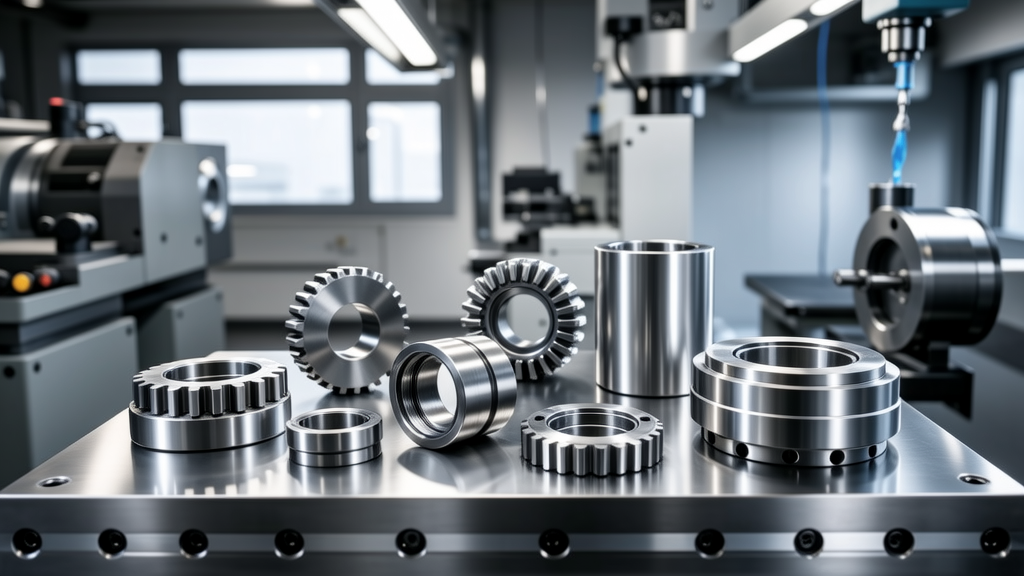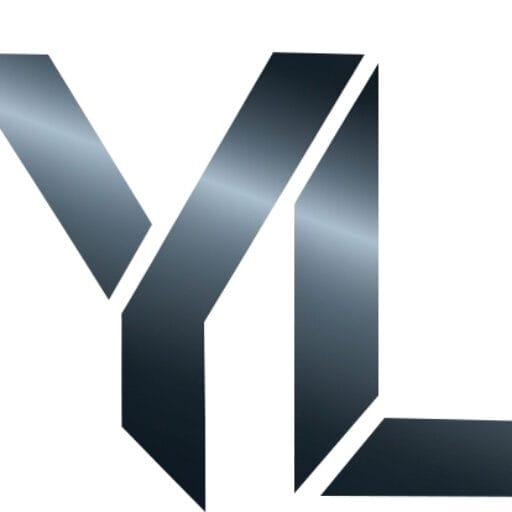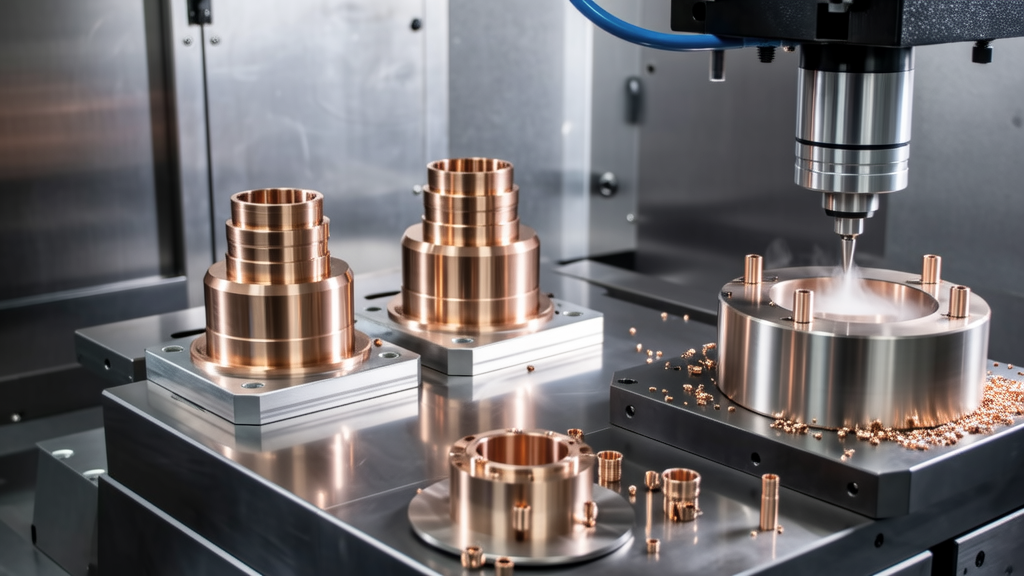Moreover, we will examine the importance of manufacturer experience and reputation in influencing pricing strategies. Understanding how these factors interrelate not only helps in making informed purchasing decisions but also in fostering stronger partnerships with suppliers. This article aims to provide practical insights and actionable criteria for assessing quotes, ensuring that you can navigate the complexities of the CNC machining industry with confidence. Whether you’re a seasoned engineer or a B2B purchasing manager, the knowledge gained here will empower you to evaluate and select the best machining services tailored to your specific needs. Join us as we unravel the intricacies behind stainless steel CNC pricing and equip yourself with the tools to achieve optimal outcomes in your projects.
Understanding why stainless steel CNC quotes vary widely in 2025 can be a significant concern for those involved in the B2B landscape of manufacturing. It’s not uncommon to receive dissimilar pricing from multiple vendors for identical projects, which can feel frustrating, especially when the stakes are high. Why does this happen? What factors contribute to the variability in quotes, and how can you navigate these complexities to ensure you’re making the best decision?
Factors Influencing CNC Machining Quotes
Several key factors contribute to this pricing disparity. One of the most prominent reasons is the difference in manufacturing capabilities among machining companies. Some manufacturers may have advanced machinery that allows them to complete jobs faster and with higher precision than their competitors. Consequently, these companies may charge more due to their increased efficiency, thus reflecting higher value in their quotes. The complexity of the part being produced also plays a role. If the part requires intricate designs or extensive finishing, a manufacturer with more experience or better technology may rightfully charge a premium for their expertise.
From my experience, I’ve seen that materials can significantly affect CNC machining quotes. The type of stainless steel used for the project, along with specifications like thickness and quality, influences the overall cost. For instance, lower grades of stainless steel may be more affordable, but if durability and corrosion resistance are critical, opting for a higher grade might be necessary and could impact the quote considerably.
Supply Chain Dynamics and Cost Fluctuations
Let’s face it: the supply chain landscape hasn’t been stable in recent years. Fluctuations in raw material prices and delivery issues lead manufacturers to adjust their pricing strategies accordingly. Some companies may lock in pricing with suppliers, allowing them to stabilize costs. Others might not have the same arrangements in place. So, when quoting, one manufacturer might pass on those supply chain savings, while another opts to play it safe and maintain a higher pricing structure.
Additionally, geographic location is an essential element. A manufacturer based in a high-cost area may quote higher prices due to increased operational expenses, including labor and facility costs. Conversely, a shop located in a lower-cost region might have more flexibility to offer competitive quotes. In all these circumstances, it’s essential to look beyond the price tag and evaluate what you’re receiving in return.

Evaluating Quotes Effectively
When facing a range of quotes, it’s crucial to take a holistic view of what’s being offered. Here are some steps to help you evaluate effectively:
By keeping these elements in mind, you can navigate the complexities of varying CNC machining quotes effectively. Whether you choose to prioritize cost, quality, or reliability, understanding the landscape can empower you to make the best decisions for your projects.
Summary Table of Key Influencing Factors
Here’s a quick reference table to summarize the key factors influencing CNC quotes:
| Factor | Impact on Price | Examples |
|---|---|---|
| Manufacturing Capability | Higher efficiency can increase costs | Advanced machinery or experienced workforce |
| Material Quality | Increased material costs impact pricing | Higher-grade stainless steel vs. lower-grade |
| Supply Chain Stability | Fluctuations lead to pricing variability | Lock-in pricing vs. market rates |
| Geographic Location | Operational costs differ | High-cost areas vs. low-cost regions |
When you explore why quotes vary, you’re really tapping into a multi-layered process that can profoundly affect your procurement decisions. Take your time to analyze multiple factors, and you’ll be in a stronger position to make investments that yield a good return.

What are the main factors influencing CNC machining quotes?
Several key factors play into the pricing of stainless steel CNC machining quotes. The capabilities of the manufacturer, the quality of materials used, and specific job requirements often dictate the final price. For instance, if a manufacturer utilizes advanced technology or specialized processes, they might charge more due to higher efficiency and enhanced results.
Another aspect to consider is the complexity of the part. The more intricate the design, the more time and expertise it requires, which can also ramp up costs. By understanding these factors, you can better evaluate quotes and ensure you’re getting the best deal for your project.
How do supply chain issues affect CNC machining quotes?
In recent years, supply chain dynamics have significantly impacted CNC machining quotes. Fluctuations in the prices of raw materials like stainless steel can lead to varied pricing across different manufacturers. If a company has stable supply agreements, they might offer more competitive quotes compared to others struggling with supply disruptions.
Also, the geographic location of the manufacturer can affect operational costs. Manufacturers in regions with higher costs of living may reflect those expenses in their quotes, while those in more cost-effective locations might have more flexibility in pricing.
What steps should I take to evaluate CNC quotes effectively?
When you receive various quotes, it’s vital to dig into the specifics. Don’t hesitate to ask for a detailed breakdown of pricing. Understanding how much is allocated for materials, labor, and overhead can help you compare quotes more accurately.
Also, assess the quality assurance processes of the manufacturer. If a higher price reflects superior quality and reliability, it may warrant consideration. And don’t forget to look into their experience and past customer reviews, as those can provide insight into their reputation and reliability in the industry.
How can the manufacturer’s experience influence the quote?
The experience of a manufacturer is often tied to the quality and efficiency of their work. A company with a long history in CNC machining might have optimized their processes and reduced errors over time, allowing them to deliver better results faster.
This know-how usually comes at a premium. If you’re working on a project with tight tolerances or specific performance requirements, partnering with an experienced manufacturer can be more beneficial, even if their quotes are higher. It’s about balancing cost with quality and assurance of successful delivery.



